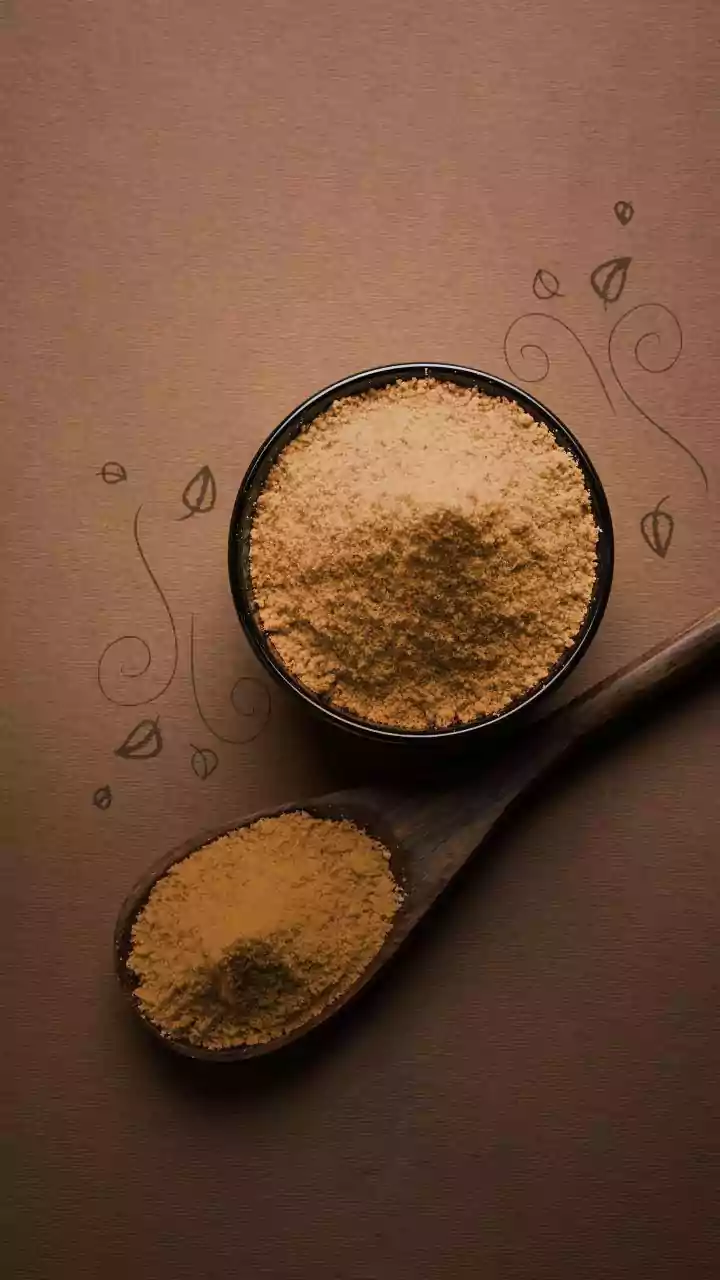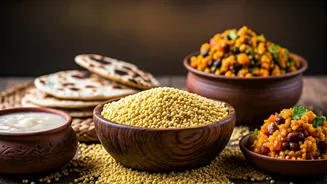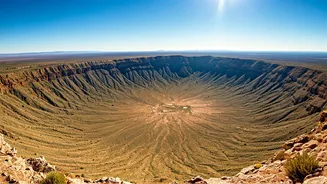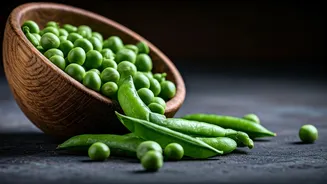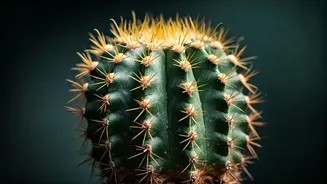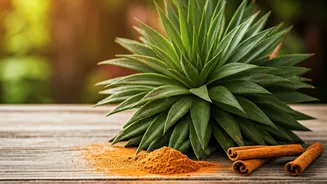Chai's Spiced Charm
Chai, also known as masala chai, is a beloved beverage in India, and it's quickly gaining popularity globally. The base of chai typically includes black
tea, combined with a blend of warming spices such as cardamom, cinnamon, cloves, and ginger. It's often brewed with milk and sweetened with sugar or honey. The caffeine content in chai typically stems from the black tea leaves, providing a moderate energy boost. Unlike coffee, chai's energy impact is often perceived as more sustained and less jittery, thanks to the combination of caffeine with other components, like theanine, which can promote a sense of calm. The spices also play a role, potentially offering additional health benefits and contributing to the overall feeling of well-being.
Coffee's Bold Kick
Coffee, a global morning staple, provides a direct and potent caffeine jolt. Brewing methods vary, from espresso to drip coffee, each influencing the final caffeine concentration. Coffee's effects are often felt quickly, with many experiencing a heightened sense of alertness and focus shortly after consumption. This immediacy makes coffee a favorite for those needing an immediate energy boost, such as for early mornings or to combat afternoon fatigue. However, this quick impact can also lead to a more noticeable crash later, with the energy levels dipping as the effects of caffeine wane. Coffee also contains other compounds, such as antioxidants, that offer health benefits but are not directly linked to its energizing effect.
Caffeine Content Comparison
The caffeine content in both chai and coffee varies greatly depending on brewing methods, the amount used, and the type of tea or coffee beans. On average, a cup of chai contains less caffeine than a cup of coffee. A typical cup of chai might have anywhere from 25 to 55 milligrams of caffeine, while a standard cup of coffee can range from 95 to 200 milligrams or more. Espresso, for example, typically packs a higher caffeine punch. However, the caffeine in chai, though lower, is often delivered more slowly due to the presence of tea and its interaction with other compounds. For those highly sensitive to caffeine, chai may be the preferable option due to its lower concentration, even though caffeine levels can vary depending on the specific recipe or brand.
Energy Levels Throughout Day
The way chai and coffee affect energy levels through the day differs significantly. Coffee typically provides a strong, initial boost, followed by a potential energy crash as the caffeine metabolizes. This can leave you feeling drained and craving another cup. Chai, on the other hand, offers a smoother energy curve. The combination of caffeine, theanine, and spices can lead to a more sustained and balanced energy release. The theanine, in particular, may help counteract some of the jitters often associated with caffeine, offering a calmer energy experience. Many people find that chai provides a more consistent energy level without the peaks and valleys often seen with coffee.
Additional Considerations
Beyond caffeine, both drinks come with additional factors to consider. Chai, with its mix of spices, may offer additional health benefits, such as anti-inflammatory properties and improved digestion. Some people add ingredients like turmeric or ginger to their chai, enhancing these benefits. Coffee, too, has its proponents, who tout its antioxidant content and possible cognitive benefits. However, both drinks can have potential drawbacks, such as caffeine sensitivity or effects on sleep patterns. The addition of milk and sugar, common in both chai and coffee, can also impact overall calorie intake and blood sugar levels. Choosing between chai and coffee often comes down to individual preferences, health goals, and tolerance levels, so it’s important to listen to your body and choose the drink that best supports your daily needs.


